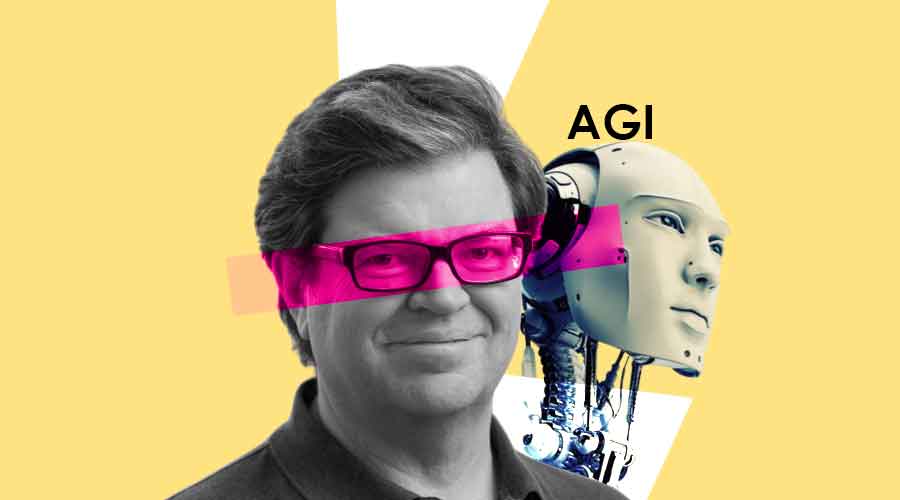
During the event, Yann LeCun, Meta’s chief scientist, shared insights into the company’s AI vision
Meta, the parent company of Facebook, recently celebrated the 10-year anniversary of its Fundamental AI Research team with a notable media event in San Francisco. The event served as a platform to reflect on a decade of advancements, breakthroughs, and the future trajectory of artificial intelligence (AI).
During the event, Yann LeCun, Meta’s chief scientist, shared insights into the company’s AI vision. One intriguing prediction that emerged from his remarks was the likelihood of society witnessing “cat-level” or “dog-level” AI before achieving human-level AI. This perspective provides a fascinating glimpse into the gradual evolution of AI capabilities, suggesting that we might first experience advancements akin to understanding and replicating the cognitive abilities of our beloved pets.
The comparison to “cat-level” or “dog-level” AI implies a focus on more specific and limited domains of intelligence. While humans possess a broad spectrum of cognitive abilities, ranging from complex problem-solving to emotional intelligence, developing AI that mimics the cognitive functions of cats or dogs could be an initial step towards understanding and replicating simpler aspects of intelligence. This incremental approach aligns with the idea that mastering narrow domains could precede the development of more generalized AI.
Yann LeCun’s perspective sheds light on the challenges and complexities associated with achieving human-level AI. It underscores the incremental nature of AI advancements, emphasizing the need to tackle specific aspects of intelligence before attempting to emulate the entirety of human cognitive capabilities. This approach may not only facilitate more manageable progress but also enable the responsible and ethical development of AI technologies.
In contrast to some of its tech counterparts, Meta’s stance on quantum computing stands out. While companies like Google and Microsoft are making significant investments and bets on the potential of quantum computing, Meta appears to be taking a different approach. The decision not to heavily invest in quantum computing reflects a strategic divergence in the technological paths pursued by major players in the tech industry.
Quantum computing holds immense promise for solving complex problems that are currently beyond the reach of classical computers. It leverages the principles of quantum mechanics to perform computations at speeds unattainable by traditional computing systems. However, it comes with its own set of challenges, including issues related to stability and error correction.
Meta’s choice to prioritize other areas of research and development suggests a nuanced understanding of technological landscapes. While quantum computing remains a frontier with vast potential, Meta seems to be directing its focus towards areas where it can make immediate and impactful contributions to the field of AI.
In conclusion, Meta’s 10-year celebration of its Fundamental AI Research team provides a glimpse into the company’s vision for the future of AI. The notion of achieving “cat-level” or “dog-level” AI before human-level AI suggests a stepwise progression in replicating cognitive abilities. Additionally, Meta’s decision not to heavily invest in quantum computing sets it apart from other tech giants, highlighting a strategic divergence in technological pursuits. As we reflect on a decade of AI research, the trajectory outlined by Meta hints at a future where incremental advancements pave the way for responsible and ethical AI development.



